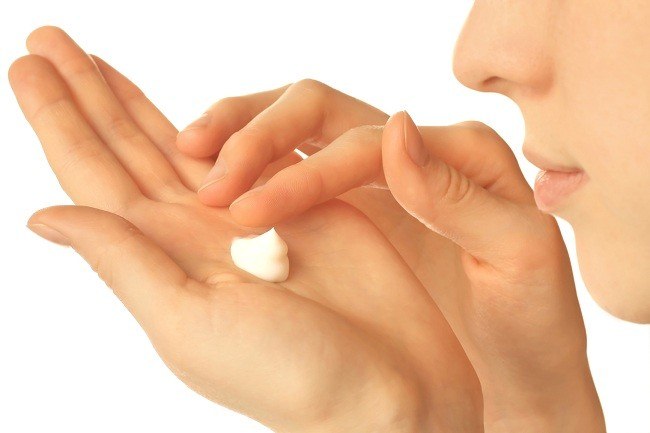As the name suggests, hgrowth hormone has an effect which is very big against growth process. This hormone play a role to ensure that children grow and develop normally for their age. However, the function of growth hormone is not only that.
Growth hormone is produced naturally by the pituitary gland or pituitary in the brain. This hormone is produced more at night than during the day.

According to research, levels of growth hormone in the body will increase in childhood and reach its peak when entering puberty. After that, levels of this hormone will stabilize in adulthood, then will decrease when entering middle age.
FunctionGrowth Hormone
As previously mentioned, growth hormone has a major influence on the growth and development of children, including in the process of growth and development growth spurt. But not only that, this hormone also has many other functions, such as:
- Regulates the metabolism of carbohydrates and fats in the body
- Maintain heart and brain function.
- Maintain healthy muscles and bones, as well as body fluid balance.
- Maintain the flexibility of blood vessels so that blood flow smoothly.
- Strengthen body resistance.
Besides being produced naturally by the body, growth hormone can also be made synthetically. Usually, this synthetic growth hormone is given by doctors to children or adults who suffer from certain diseases or conditions.
In children, synthetic growth hormone is used to treat height growth problems due to:
- Growth hormone deficiency.
- Genetic disorders, such as Turner syndrome and Prader-Willi syndrome.
- Chronic kidney disease.
- Born with a small body size or premature.
While in adults, synthetic growth hormone can be used to treat:
- Growth hormone deficiency caused by a pituitary tumor.
- Short bowel syndrome or short bowel syndrome, which is a condition when nutrients are not absorbed properly by the body due to severe intestinal disease or surgical removal of a large part of the small intestine.
- Muscle wasting caused by certain conditions, such as HIV/AIDS.
Dangers of Growth Hormone Excess and Deficiency
Just like other types of hormones, growth hormone can also be produced in excess or even less. Abnormal levels of growth hormone can cause various disorders and body deformities. Here is the explanation:
Excess growth hormone
Growth hormone levels are too high in children can cause gigantism, which is a condition in which the size of the bones and body of the child is too large for his age.
While in adults, high levels of growth hormone can cause acromegaly. This condition is characterized by the size of the hands, feet, and face that are larger than normal.
This excess growth hormone is mostly caused by a tumor in the pituitary gland. However, this condition can also sometimes be caused by tumors in other organs, such as the pancreas, lungs, or brain tumors.
Growth hormone deficiency
Growth hormone deficiency is more common in children. This condition can result in stunted growth processes, such as delayed puberty, stunted development of sexual organs, or below the average height of their peers.
There are several causes of children experiencing growth hormone deficiency, including:
- Congenital or birth defects.
- Brain cancer or cancer that blocks the work of the pituitary gland.
- Severe head injury that impairs the functioning of the pituitary gland.
- Side effects of radiation therapy on the head.
Sometimes, the cause of growth hormone deficiency is not clearly known.
Supports Growth Hormone Function
So that growth hormone levels in the body are maintained properly, there are several natural ways you can do, namely:
- Reduce the intake of carbohydrates that come from white rice and cakes. Choose intakes that contain complex carbohydrates, such as nuts, fruits and vegetables.
- Limit your intake of high-sugar foods or drinks.
- Exercise regularly.
- Avoid eating food at least 2-3 hours before bedtime.
- Get enough rest, at least 7-9 hours every night.
Balanced levels of growth hormone allow children to grow and develop normally. In addition, growth hormone will also help the metabolic process, repair of body cells, and the function of the body's organs to run properly.
If you want to check the levels of growth hormone in your body or that of your child, for example because you are too big or too small, have not yet gone through puberty, or have a medical condition that can affect growth hormone levels, do not hesitate to consult a doctor.









